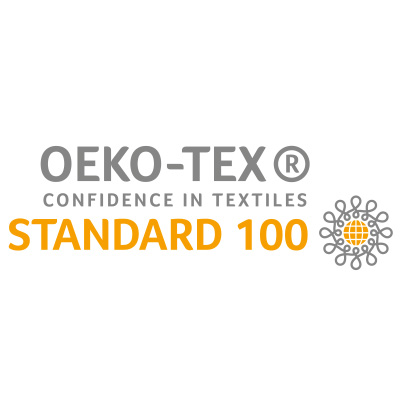
Refers to the #my_mate and #my_pure_mate collections.
OEKO-TEX - Standard 100
Textiles of all kinds that have been tested for harmful substances from the yarn to the finished product are allowed to display the STANDARD 100 product label. Both miners mate collections are certified according to the OEKO-TEX 100 standard.
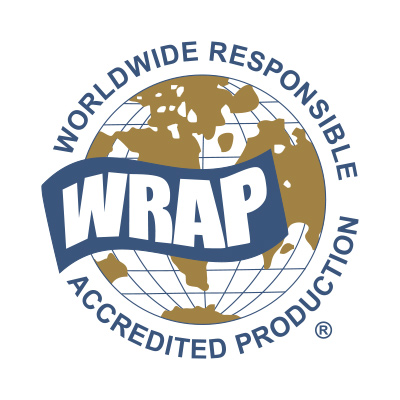
Refers to the #my_mate and #my_pure_mate collections.
WRAP
WRAP is an independent, non-profit, American organisation that works to promote and certify legal, humane and ethical production worldwide. In order to obtain certification for production facilities, e.g. in the garment industry and their suppliers, the companies are regularly audited and must comply with the 12 WRAP principles. These relate to areas such as workplace regulations, child labour, working hours, remuneration, occupational health and safety, freedom of association and negotiation, discrimination and safety.
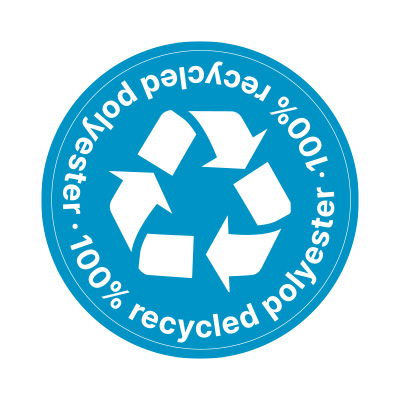
Refers to the #my_pure_mate collection.
100% RECYCLED POLYESTER
Recycled polyester is used so that the hoody stays cosy and keeps its shape for a long time. Unlike conventional polyester, the manufacturing process for recycled polyester requires fewer resources and is far more energy-efficient.
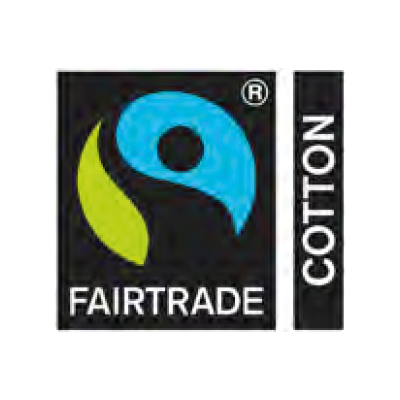
Refers to the #my_pure_mate collection.
FAIRTRADE COTTON
The Fairtrade product label for cotton shows that the raw cotton has been grown and traded fairly, it can be traced back directly through all stages of its production, and its subsequent processing is separate from that of non-Fairtrade cotton.
The entire cotton used in #my_pure_mate-products is grown by Fairtrade producers and certified and traded according to Fairtrade standards. In addition to better working and living conditions for cotton producers, Fairtrade also promotes environmental protection.
For more information, see: info.fairtrade.net/sourcing
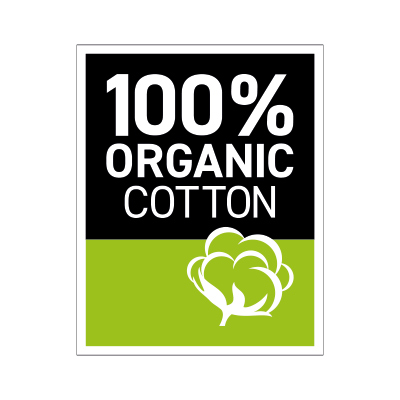
Refers to the #my_pure_mate collection.
100% ORGANIC COTTON
Combining Fairtrade certified and organic certified cotton is the best possible solution to improve social sustainability and protect the environment in the growing countries.
Strict standards apply to the production of organic cotton:
Only traditional seeds are used in the cultivation of organic cotton, genetically modified plants are prohibited.
Organic cotton also needs water – but the water consumption is lower than for conventional crops. Most of organic cotton’s water needs are met by rainwater and moisture stored in the soil.
Only natural methods are used for fertilisation and crop protection instead of synthetic chemical agents.
By eliminating machinery and defoliants, farmers’ health and soil fertility are preserved.
Sustainability
Cultivation
Harvest
Ginning
Spinning mill
Knitting mill
Dyeing
Sewing/cutting
Confectioning / Labelling
Your textile
Separation of Fairtrade and organic certified cotton from conventional cotton along the entire supply chain.